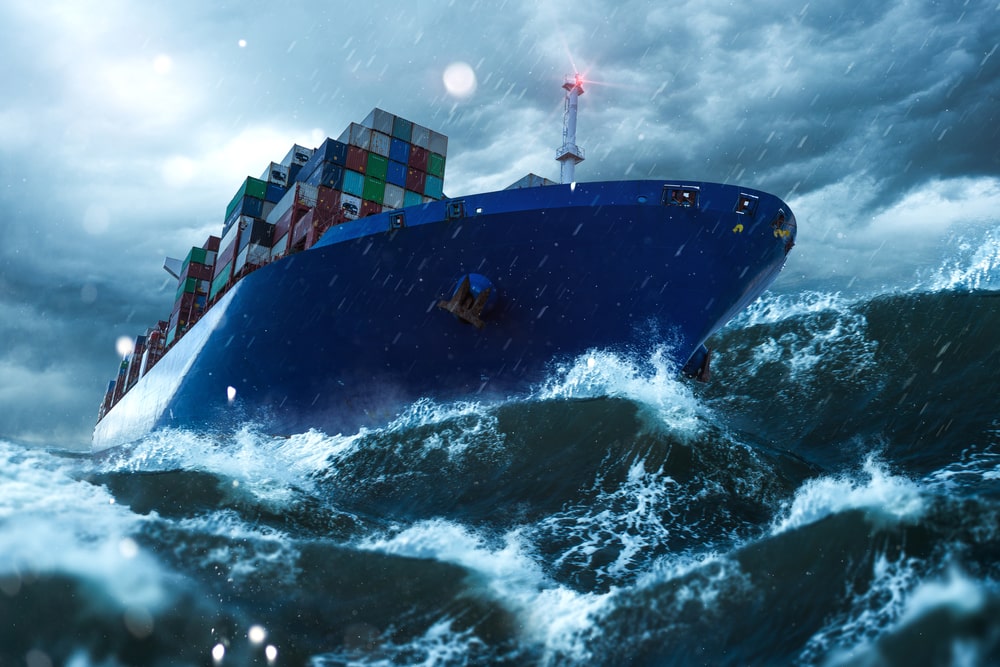
Cargo ships are encountering all sorts of risks, ranging from storms to 30ft swells, as they navigate the southern tip of Africa to avoid the Houthi attacks in the Red Sea.
On Tuesday 9th July, the CMA CGM Benjamin Franklin reportedly lost forty-four containers at sea off the South African coast, with another 30 containers reportedly damaged according to World Cargo News.
South Africa has become an alternative to the Red Sea, but many cargo ships are navigating into the harsh winter weather, amid warnings of severe weather in the western and eastern cape regions.
“Sudden Stratospheric Warming events (a reversal of polar wind flow aloft often causing an escape of polar air to lower latitudes) occurs 6 times per decade in the Northern Hemisphere but due to much less terrain in the Southern Hemisphere, less than 1 every 25 years. However, this has become one of those years. This unusual pattern has resulted in large strong exports of Polar sourced, southerly winds to impact areas of South Africa causing large temperature changes, which have driven strong wind events”, said James Banasik, Head of Connected Risk.
Many ships have sought refuge in nearby ports and harbours, with LSEG data and analytics reporting that no vessel has passed the Cape of Good Hope since 9th July, with causing additional delays around already congested ports in Europe and Asia.
Singapore and Port Klang are both experiencing a rise in congestion, as vessels are avoiding the Middle East and heading straight to Asia, creating large queues at these ports, Bloomberg reports.
Malaysia is experiencing large shipping congestion at both Port Klang and Tanjung Pelepas, which is not expected to ease until possibly August.
Port Houston closed on Monday 8th July and did not reopen until Wednesday 10th July because of the impact made by Hurricane Beryl in Texas. The storm knocked out power to more than 2.5 million homes and businesses, according to US media reports.